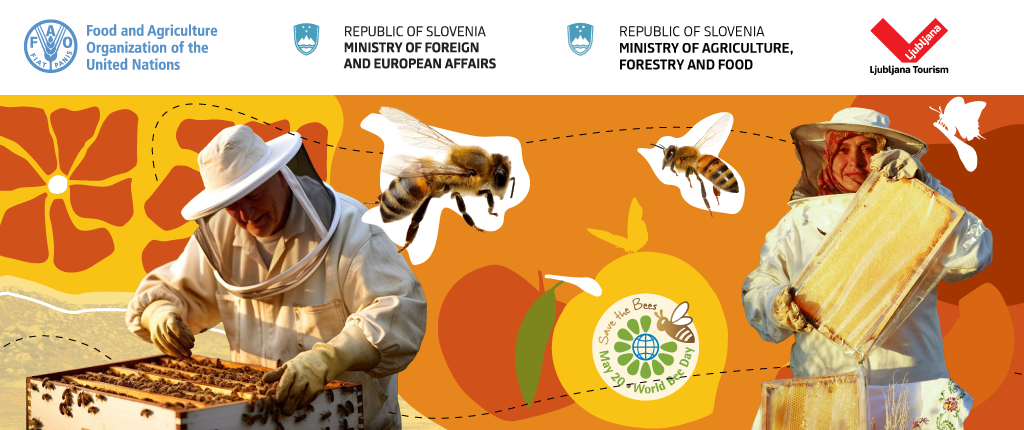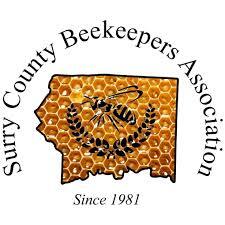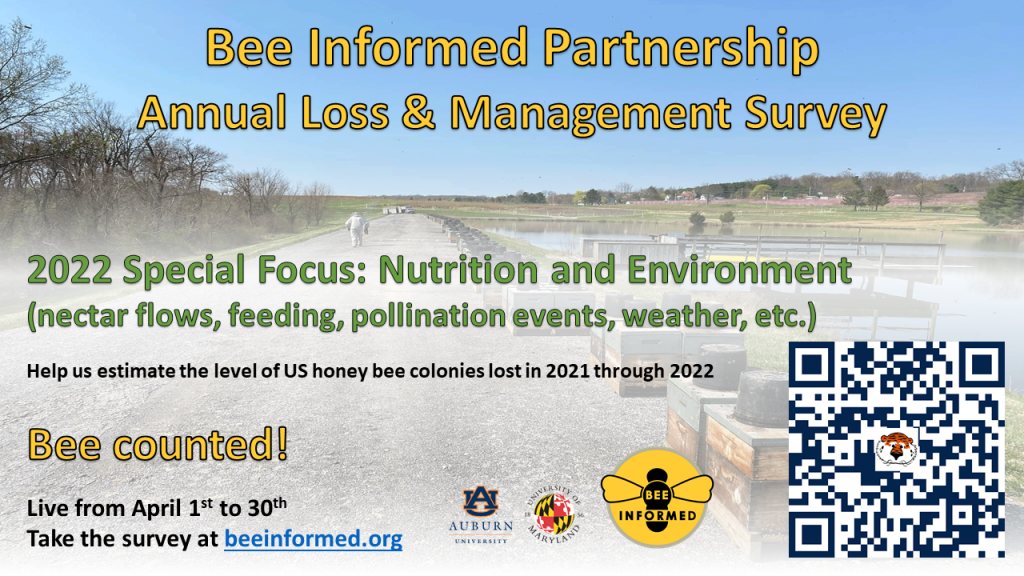
Take the Survey: beeinformed.org
If you have already taken the 2022 Loss and Management Survey, THANK YOU! Please consider sharing this with all the beekeepers in your life!
You’ve heard a lot from us in the last couple of weeks. Thank you for your … patience? In this final week, we thought we would take a step back and let some other folks do the talking. We’re very thankful for the help and support we’re receiving from the whole community. Thank you all, and we’ll be in touch around June to share the results of this year’s survey.
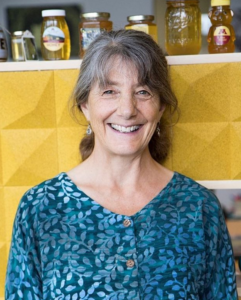
Dr. Marla Spivak, McKnight Distinguished Professor of Entomology, University of Minnesota
“This survey is how we take bees’ pulse throughout the nation, so we can take steps to improve honey bee colony health. Your collective survey responses do help!“
– Marla Spivak, University of Minnesota
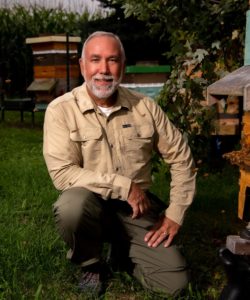
Frederick Dunn, Cornell University Certified Master Beekeeper
“When it comes to honey bees, no matter if you’re a backyard enthusiast, sideliner, or commercial apiarist, participating in the Loss & Management Survey hosted by the Bee Informed Partnership is critical. When we all share how we’re keeping bees, what we’re treating with (or not), and how honey bees under our care survive, thrive, or die out, we become better stewards of the honey bee collectively.
I encourage all of my viewers to participate in this valuable annual survey. More participation by beekeepers results in a more complete national picture of how bees are doing, and an arrival at a collective Best Practices approach to keeping honey bees. Just like pixels in a photosensor/image, the more there are, the sharper the image is, the more beekeepers participate, the more informed we’ll be. Citizen Science at its best. I’m happy to support the BIP.”
– Frederick Dunn, Cornell University Certified Master Beekeeper, Honey Bee Educator and “YouTuber”.

Dr. Samuel Ramsey, Research Fellow, USDA-ARS Bee Research Lab.
“The Loss and Management survey is an incredible undertaking every year! It doesn’t just provide us with a reference point for recent colony losses around the country but also helps us tease out trends in honey bee health that would otherwise just be speculation. It gives every beekeeper the chance to be a part of the scientific process and then brings that science back around for their benefit. I doubt you can find a better example of community science at work.”
– Samuel Ramsey, USDA-ARS Bee Research Lab
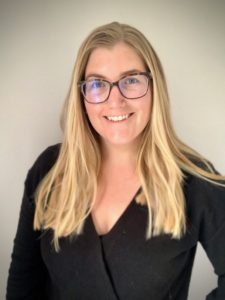
Dr. Kelly Kulhanek, Postdoctoral Scholar, Washington State University and former “BIPster”.
“The National Loss and Management survey is critical for honey bee researchers across the US. Results help us understand how beekeepers of all shapes and sizes are doing, and also help us express the urgency of colony loss rates to funding agencies who can help us find solutions!”
– Kelly Kulhanek, Washington State University






